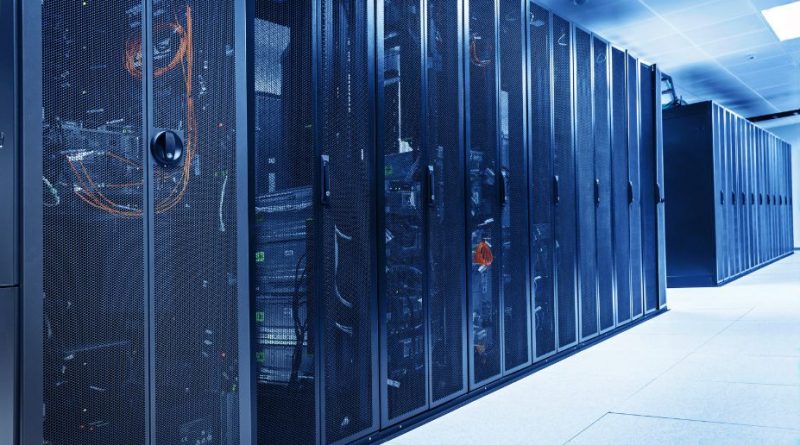Dedicated Server Maintenance: Essential Tips for Keeping Your Server Running Smoothly
As a website owner or IT professional, you rely on your dedicated server to host and manage your website, applications, and data. To ensure that your server is running smoothly and efficiently, it’s important to regularly perform maintenance tasks.
In this blog post, we’ll go over some essential tips for maintaining your dedicated server and keeping it in top condition. By following these best practices, you can optimize the performance of your server and minimize the risk of disruptions or downtime.
- Monitor your server’s performance regularly
One of the key aspects of dedicated server maintenance is monitoring the performance of your server. This can help you identify any issues or bottlenecks that may be impacting the performance of your website or applications. There are several tools and utilities that you can use to monitor your server’s performance, including:
- Resource monitoring tools: These tools allow you to monitor the usage of various resources on your server, such as CPU, memory, disk space, and network bandwidth. By keeping an eye on these resources, you can identify any potential issues before they become problems.
- Log analysis tools: Your server generates log files that contain important information about the activity on your server. By analyzing these logs, you can identify any errors or issues that may be impacting the performance of your server.
- Server monitoring services: There are also various online services that can monitor your server’s performance and alert you to any issues. These services can be particularly useful if you don’t have the time or expertise to monitor your server yourself.
- Keep your server software up to date
One of the most effective ways to ensure the stability and security of your dedicated server is to keep the software up to date. This includes the operating system, as well as any applications or services that you have installed on your server. By keeping your software up to date, you can take advantage of the latest features and security patches, which can help to protect your server against vulnerabilities and attacks.
- Perform regular backups
Backing up your data is an essential part of dedicated server maintenance. By regularly backing up your data, you can protect yourself against data loss due to hardware failures, software bugs, or other unexpected issues. There are several tools and services that you can use to create backups of your data, such as backup software, cloud storage, or physical media like tapes or hard drives.
- Use a firewalled network
Securing your dedicated server is crucial to protect your business or organization’s data and assets. One effective way to do this is to use a firewalled network. A firewall is a security system that controls the incoming and outgoing network traffic based on predetermined security rules. By using a firewall, you can block unauthorized access to your server and protect it from potential threats.
- Monitor for security threats
In today’s digital landscape, it’s essential to be vigilant about security threats. There are various tools and services that you can use to monitor your server for potential security threats, such as antivirus software, intrusion detection systems, and security incident and event management (SIEM) systems. By monitoring for security threats, you can protect your server and your business or organization’s data from potential attacks.
In conclusion, dedicated server maintenance is a crucial aspect of ensuring that your server is running smoothly and efficiently. By following the tips outlined in this blog post, you can optimize the performance of your server and minimize the risk of disruptions or downtime.

